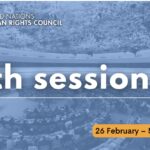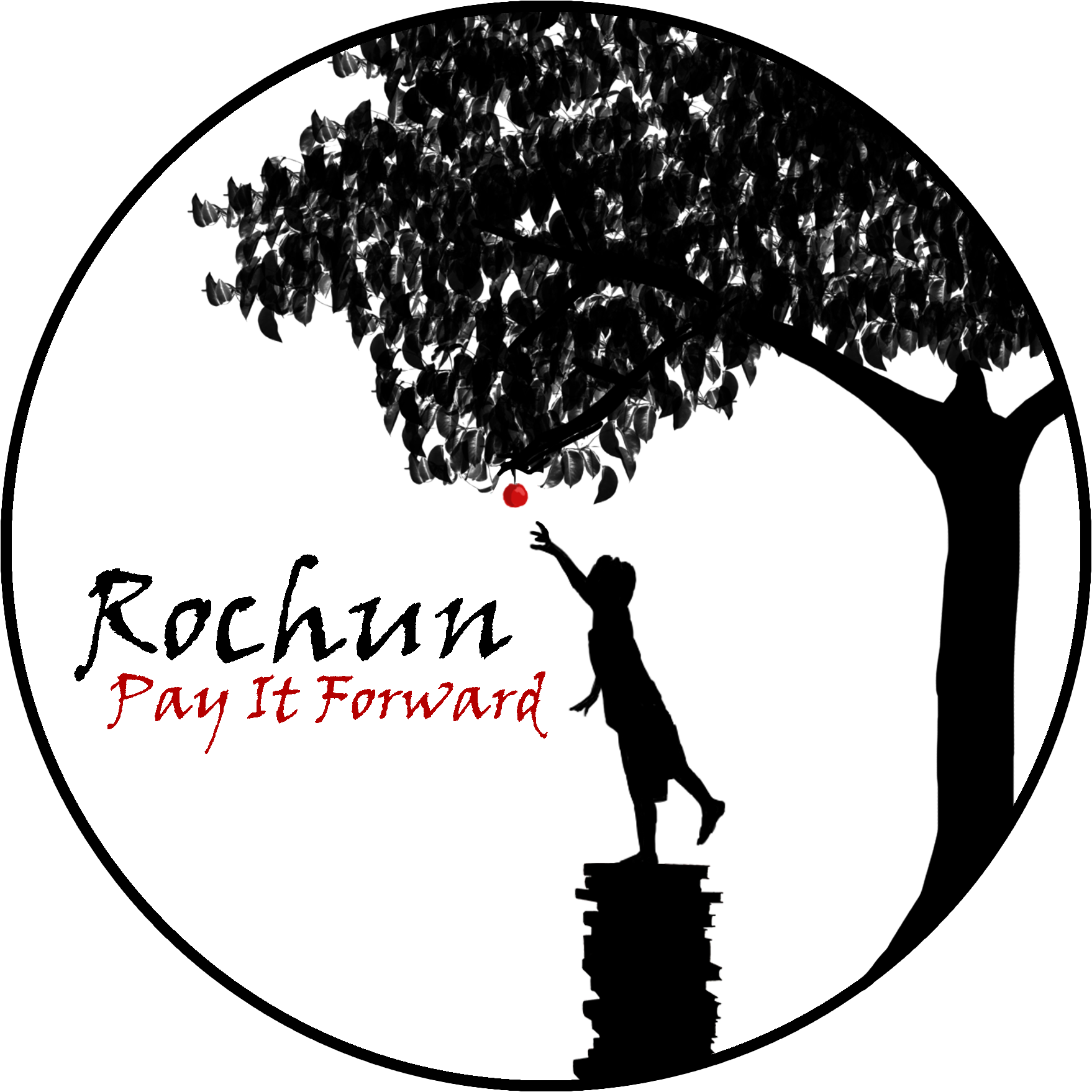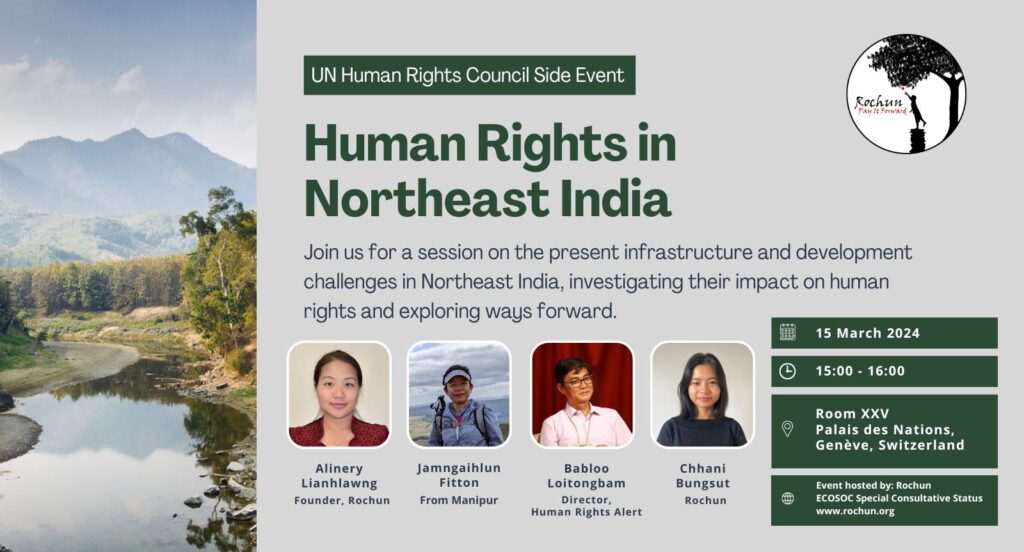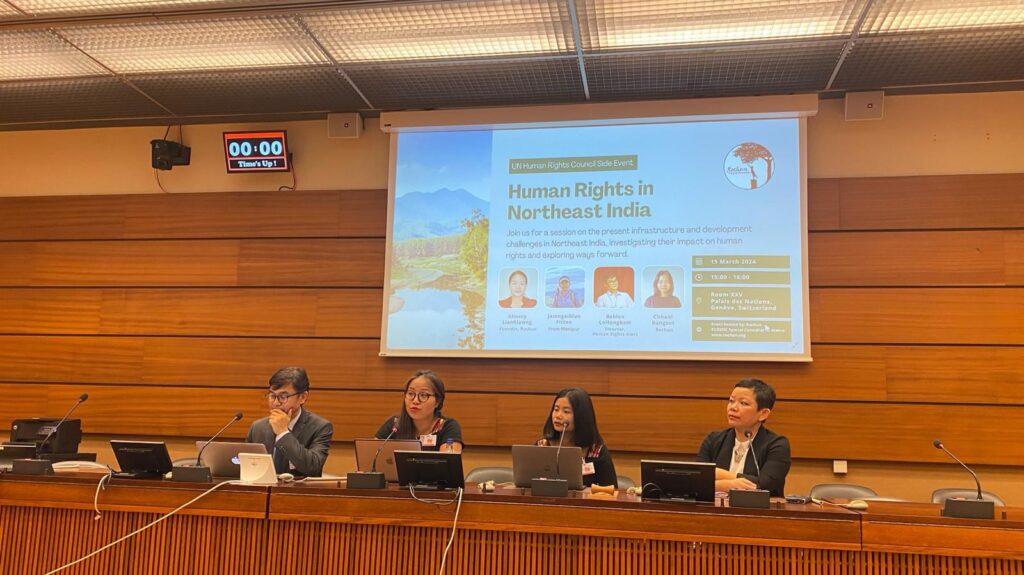STATEMENT ON CONTEMPORARY LAND RIGHTS AND BORDER ISSUES IN NORTHEAST INDIA
Our team member, Chhani Bungsut had the opportunity to give a speech during the General Debate at the UN Human Rights Council session yesterday. We are grateful the opportunity, and for a chance to highlight important issues to the UN.
Our people face increasing limitations on access to land, driven by infrastructural development and a growing number of displaced people in the state of Mizoram from Manipur, Myanmar, and the Chittagong Hill Tracts. Ongoing violence in Manipur and the military leadership in Myanmar have led to an increase of refugees facing an insecure future. Managing these dynamics requires nuanced policies addressing the rights and aspirations of both resident and resettled populations. Particularly, the rights to education, access to justice, and employment of refugee and internally displaced persons are currently far from reality, and we request both national and international bodies to offer support and ensure that their rights are respected.
We also find ourselves at the forefront of struggles to preserve ancestral territories, balancing the need for development with the preservation of the environment and land rights provided through constitutional safeguards. We implore the UN and other international actors to act as diplomatic facilitators, to report and monitor current affairs, offer policy advice, and legal support in the pursuit of justice and inclusive development.





